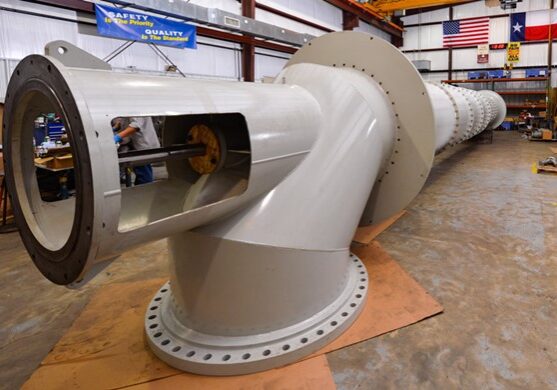Types of Machining Processes
Machining may be generally defined as the process of shaping down a piece of material into an intended design using specialty, power-driven tools. For example, many parts and components need some machining during manufacturing. Machining can be used to shape metals, plastic, rubbers, and more. In other cases, machining can be used to fix current parts or fabricate new ones.
Types of Machining Processes
Machining involves everything from research and development to installing and testing the new part. This is achieved through many different processes which include:
- Milling – This machining process is done with several blades on a rotating cutting surface to create one or more non-circular holes. Milling can also be used to cut unique designs into the material.
- Turning – This process uses tools to rotate materials on their axis as a cutting tool shapes it to design. Think of how baseball bats are made as an example. In fact, lathes are one of the most common forms of turning.
- Welding – This process uses heat to shape materials. A few kinds of welding processes include laser cutting, oxy-fuel cutting, and plasma torch cutting.
- Water Jet Cutting – This process is ideal for shaping materials without using heat. It uses extremely high-pressure water to cut hard materials. At times, a mixture of water and an abrasive substance may be used. This method is not advised for softer materials such as rubber or wood. The entire water jet cutting process is a type of erosion machining.
- Electric discharge machining – Also a type of erosion machining, it uses electric arcing discharges to create complete cuts and is useful in generating complex geometrical shapes in hard materials. However, it is mostly confined to ferrous alloys.
- CNC machining – Computer numerical control machining uses a special machine attached to software and is an automated process. It is useful for creating parts for high production cycles needing uniform production.
- Precision machining – Any applications with a cutting tolerance between 0.013 and 0.0005 millimeters are considered precision. When necessary, precision machining can be applied to a wide number of fabrication tools and methods.
Machining Applications
Machining has an endless range of applications from creating brand new products to helping repair old ones. For example, you may have a piece of rotating equipment that is decades old. It works fine but has a faulty component. The manufacturer no longer makes it. Are you now forced to replace an otherwise perfectly good piece of machinery? No. You may hire machining experts to help design, create, and install the faulty component. Best of all, it can cost less than an OEM part, last just as long, and also comes with a warranty. In this case, machining a new part is much more cost effective than replacing the entire piece of equipment.
Houston Dynamic Supply Industrial Machining
HDS has over 35 years of experience working with machinery in many industrial applications. We have one of the largest machine shops in the entire Gulf Coast area and service equipment in most industrial applications. Our experts provide precision machining, as well as rebuilds and repairs. We also perform visual inspection, non-destructive testing, disassembly, and more on your equipment. Contact us today to learn more.
Share this post:


